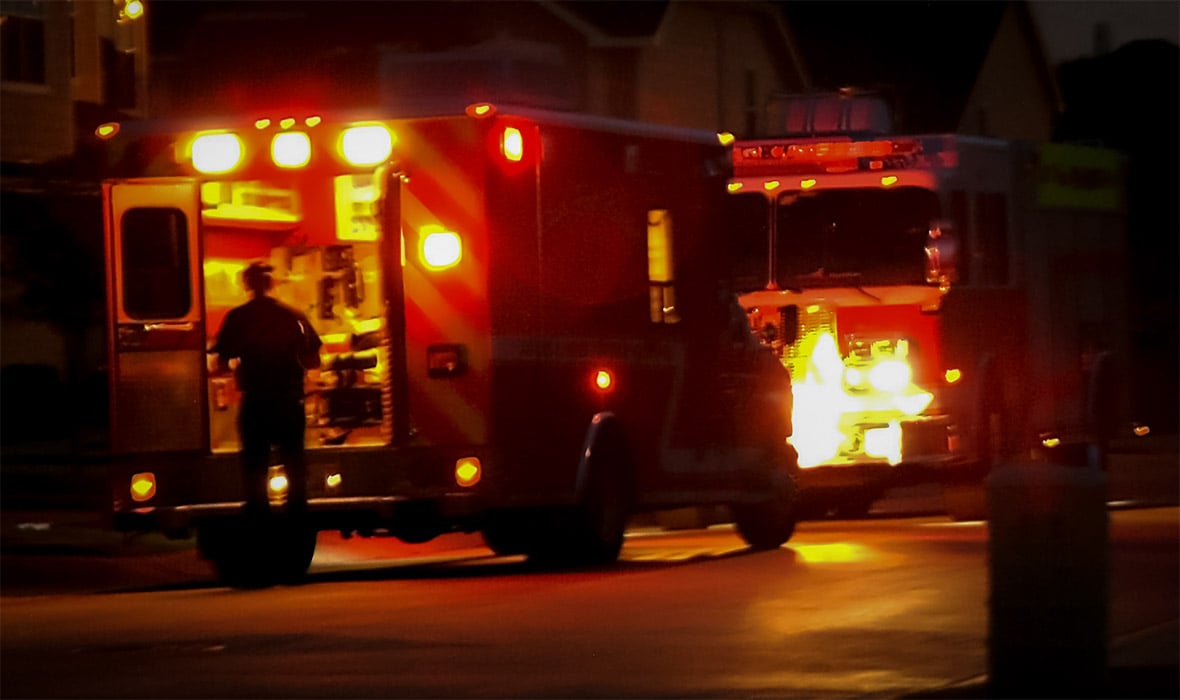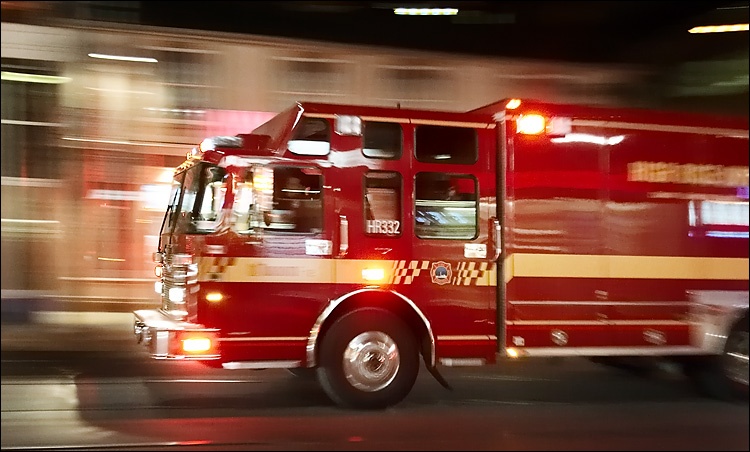Pulsara Around the World - February 2026
January Recap The start of 2026 was on the slow side for our events schedule, with our team heading to the Florida Fire & EMS Conference, the...

EDITOR'S NOTE: Special thanks to Jeffrey Hobson for writing today's blog post. You can connect with him on LinkedIn.
—
This seems to be one of the most common questions people ask firefighters and paramedics.
Imagine the following scenario:
You call 911 for your neighbor who’s having chest pain. Within a few moments, a big fire engine shows up with your community’s beloved uniformed firefighters. Your friends and fellow neighbors take notice right away and ask, “Why can’t they just send an ambulance? Do they need to waste all that money sending a big truck to a simple medical incident? Can a firefighter really help me right now?”
HMMM. Good question.
And while the question is straightforward, the answer is complex. There are a number of reasons for that fire truck to respond.

First, a history lesson. Remember, the firefighting industry has been established for hundreds of years. It’s one that dates back to when fighting fires was the primary task of most fire departments. In the olden days, everything was highly flammable, and fire was the primary heat and light source. Fires were quite common.
But times have changed. Structure fires have drastically decreased and have been replaced with a high degree of medical services calls. In fact, in many areas, over 75% of the 911 calls they receive are for medical services. Because of this, most fire departments have a minimum requirement that their firefighters receive EMT (Emergency Medical Technician) certification. In many cases, their firefighters are paramedics.
So, when you’re sending a firetruck, you’re sending qualified help who are trained in medical emergencies.
In most areas across the nation, there are more fire stations staffed with firefighters and fire trucks than there are ambulances. And, in the event of a critical call, time is important. By getting help to the sick or injured quickly, firefighters can provide initial care until the ambulance arrives with personnel who have advanced skills and the ability to transport the patient if necessary.
It is better to have more people and turn away help than it is to be overwhelmed, under resourced and waiting for assistance. Because of this, it’s always best to call for more people initially. Many times the information given to 911 dispatch is inaccurate or unreliable, and sometimes the patient’s condition can deteriorate suddenly. By having “all hands on deck” initially, the best care can be provided without losing valuable time.
Not all medical calls are solely medical in nature. For example, what about the car crash that needs extrication (Jaws of Life) tools? Or, a medical call in a home that has carbon monoxide poisoning? What if you need to make a special entry into a building? Or need help lifting a patient? In these situations, firefighters provide an additional necessary skill set. And if the firefighters are not necessary, they are cleared quickly so they are available to respond to another medical call or fire.
So while it may seem strange to have a fire truck pull up outside your home when you’ve called 911 because of an emergency medical situation, there are many reasons to be thankful firefighters have arrived to begin helping you manage the care of your loved one.

January Recap The start of 2026 was on the slow side for our events schedule, with our team heading to the Florida Fire & EMS Conference, the...

Recent research shows how Pulsara was successfully leveraged to connect more than 6,000 COVID-19 patients to monoclonal antibody infusion centers via...

At Pulsara, it's our privilege to help serve the people who serve people, and we're always excited to see what they're up to. From large-scale...